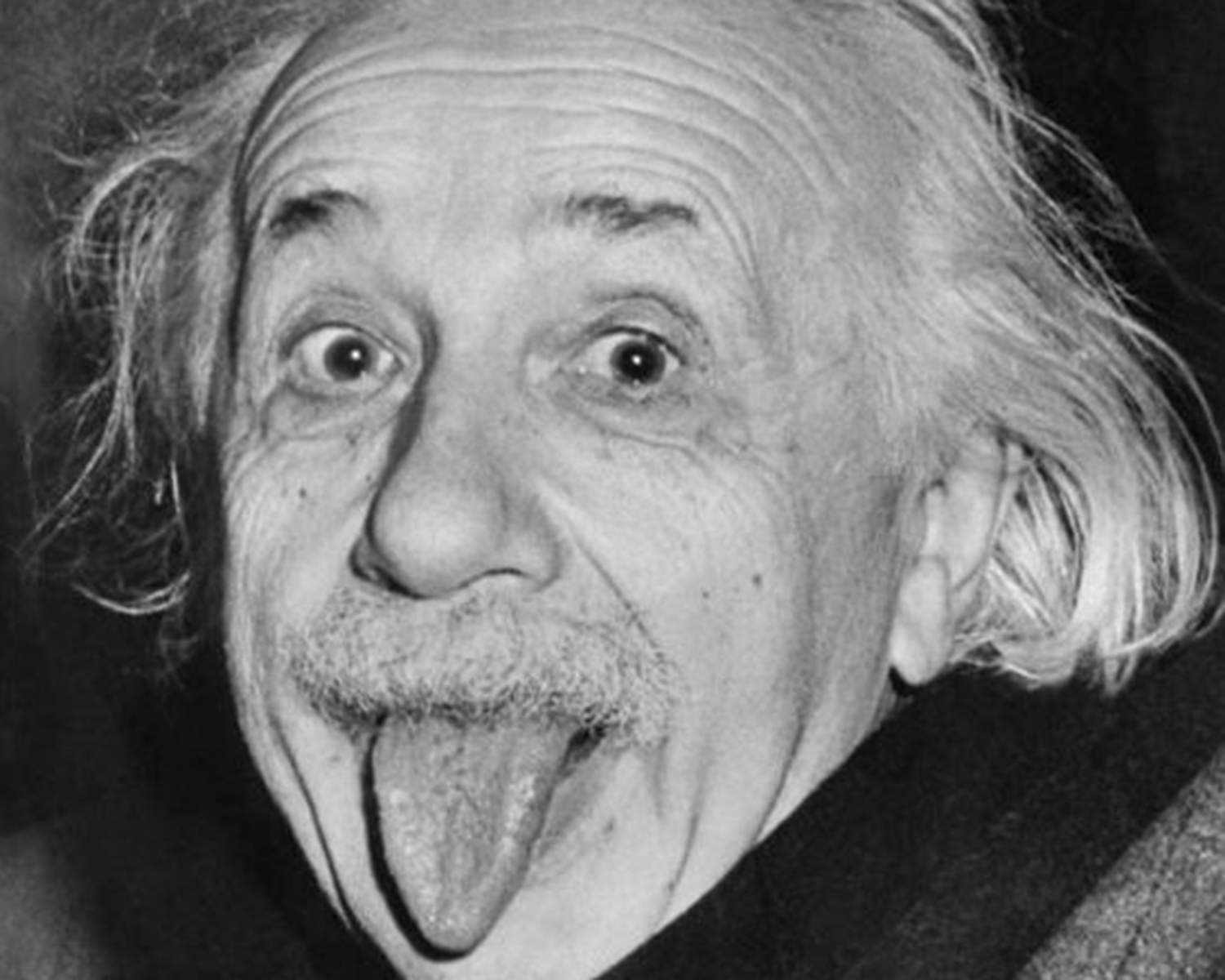Keeping eyes open and not frowning will make you look intelligent, study finds
'People over generalise in judging those with droopy eyelids,' says Dr Talamas

Your support helps us to tell the story
From reproductive rights to climate change to Big Tech, The Independent is on the ground when the story is developing. Whether it's investigating the financials of Elon Musk's pro-Trump PAC or producing our latest documentary, 'The A Word', which shines a light on the American women fighting for reproductive rights, we know how important it is to parse out the facts from the messaging.
At such a critical moment in US history, we need reporters on the ground. Your donation allows us to keep sending journalists to speak to both sides of the story.
The Independent is trusted by Americans across the entire political spectrum. And unlike many other quality news outlets, we choose not to lock Americans out of our reporting and analysis with paywalls. We believe quality journalism should be available to everyone, paid for by those who can afford it.
Your support makes all the difference.Avoiding a resting face with half-opened eyes and a frowning face will make you look more intelligent, a new psychological study has found.
Psychologists from St Andrews University found these facial cues were important factors in how people were perceived, beyond the affect of attractiveness.
Lead author Dr Sean Talamas said: "People over generalise in judging those with droopy eyelids and a frown as being tired and having a low mood, both of which have a well-documented detrimental effect on cognitive performance.
"Therefore it should be no surprise that many of us find people who look less alert and who have a lower mood as less intelligent looking."
In two studies, the research team studied the perceived intelligence and attractiveness ratings of 100 adults aged between 18 and 33, and 90 schoolchildren aged between five and 17.
Dr Talamas added: "The infamous ‘attractiveness halo’ is when positive attributes are preferentially ascribed to attractive people over unattractive people.
"Attractive people are often perceived as more intelligent, but we wanted to investigate how individuals can change their perceived intelligence, regardless of their attractiveness.
"The solution seems to lie in subtle differences in a resting facial expression that are related to sleep – namely eyelid droopiness and subtle frowning."
The research team said being well rested and controlling the facial expressions will provide a greater impression of intelligence, Psyblog reports.
Published in the Journal of Experimental Psychology, the study concludes: "In an interview with an employer or the front row of a classroom, being cautious of your resting facial expression and getting more sleep may help you look more intelligent.
"For those on the other side of the issue – someone who looks disinterested, unengaged or tired may be just as intelligent but less aware of the impact of their resting expression.”
Join our commenting forum
Join thought-provoking conversations, follow other Independent readers and see their replies
Comments